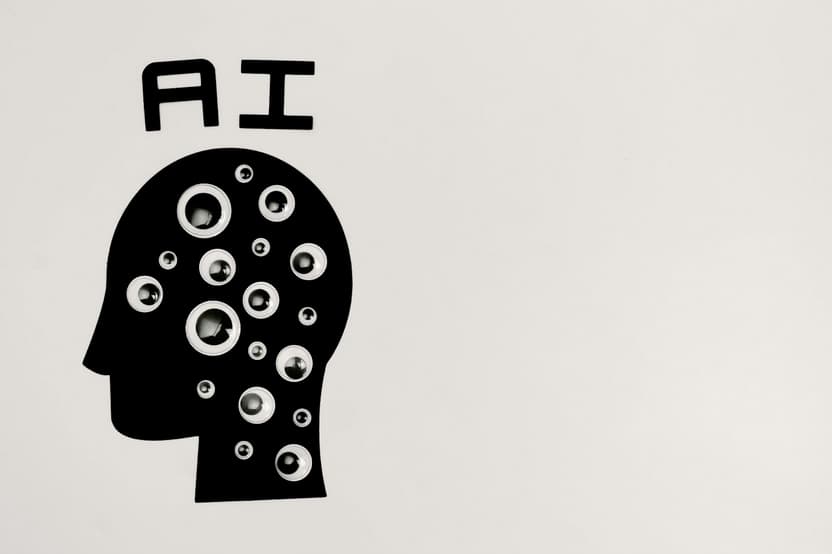The Boundary Between Chance and Predictability: The Role of AI in Randomness-Based Environments
Most devs admit artificial intelligence does great for testing, monitoring, and even improving randomness-based systems. But it also pokes at an interesting question: is something still random if AI can detect patterns in it?
Let’s break down how AI fits into these environments and how it’s changing the way developers, especially in the online gambling space, think about chance.
Why AI Matters in Randomness-Driven Systems
Online casinos and games often rely on random number generators (RNGs) to produce outcomes that feel unpredictable. Behind the scenes, RNGs are algorithms simulating randomness.
AI tools process huge datasets, spot irregularities, and even simulate future outcomes. This helps developers to detect technical errors, monitor for fraud or manipulation, and ensure the RNG it performs within legal standards.
For developers building platforms like https://kasynoonlineautomaty.pl/polskie-kasyno-online/, this kind of tech is key. AI becomes part of the quality control process, making sure the randomness isn’t skewed or biased.
Many gambling regulators now expect platforms to use some form of statistical analysis or AI monitoring to verify fairness over time.
What AI Can and Can’t Do with Randomness

AI doesn’t control randomness, but helps developers understand it better. It can: audit RNG outputs across thousands or millions of game rounds, check for bias in how often certain results appear, and improve UX by analyzing how players interact with random outcomes.
What it can’t do is truly predict the next outcome in a certified RNG system. You know why? Most online casinos use what’s called pseudo-random number generators, which are designed to make it impossible to guess future results even with large datasets.
The European Gaming and Betting Association (EGBA) even highlights the increasing use of AI and machine learning in Europe for compliance, security, and fraud prevention. If an RNG is weak, poorly coded, or not regularly audited, patterns could emerge. That’s where AI helps developers catch things before they turn into problems.
How Web Development Teams Use AI in These Projects
In development studios, projects involve managers, backend and frontend developers, UX/UI designers, QA testers, and sometimes data analysts or ML specialists.
When products include randomness like spinning wheels, loot boxes, or card draws, AI comes in at different stages.
During Development:
- AI models can simulate thousands of walkthroughs
- Helps detect abnormal patterns in outcome distribution
- Reduces risk of biased randomness before launch
Post-Launch Monitoring:
- Watches for trends over time
- Flags unusual win/loss rates
- Supports compliance with gaming regulations
Even gaming apps with collectible rewards or daily prizes use similar AI tools to manage randomness fairly.
Are We Losing the Element of Surprise?
Some fear too much AI involvement cuts the fun out of randomness. But the goal is to make sure those surprises are fair and follow the rules.
A healthy randomness system includes unpredictability, equal chances, strong encryption, and transparent auditing. AI helps check these boxes without getting in the way of user enjoyment.
Some platforms are also explore quantum randomness, using unpredictable natural processes (like radioactive decay) to generate outcomes. While it’s still experimental, it is seen as the future of secure randomness.
AI, Trust, and Smart Design
As online experiences rely on random elements, developers must propose structures that are both exciting and trustworthy.
Using AI responsibly adds to that trust. It becomes a quiet partner behind the scenes, helping web development teams catch issues, fine-tune experiences, and meet regulatory standards.
Platforms succeed when they combine strong development foundations, layered project support (PMs, QA, design, analytics), and transparent fairness tools like AI or third-party audits, following guidelines and data provided by industry leaders such as the European Gaming and Betting Association (EGBA).
So, as AI evolves, its role won’t be to eliminate randomness, but help us manage it better. The boundary between chance and predictability will always exist, but with smarter tools, we better understand where it lies.



